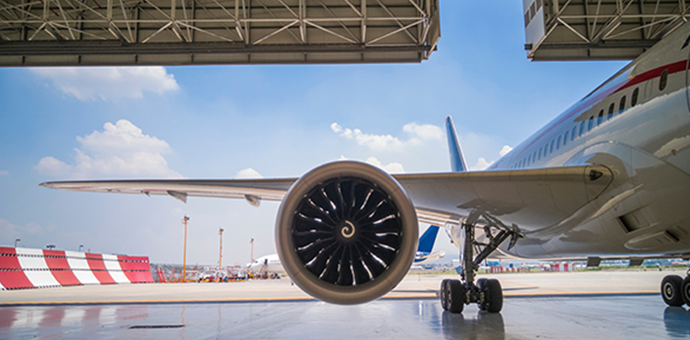How Important is Correct Engine Running Procedures?
The Answer is critically important with the cost of an Engine running into many millions of USD care and attention, competence & following correct procedures is extremely important.
Regulatory Context – Competence is the key!
Whilst there are many relevant regulatory aspects for which there must be an awareness by persons controlling EGR operations, there are no specific regulatory requirements which apply to the supervision and control of this specific task.
Note: It is up to the Maintenance Organisation (PART 145) to have a suitable programme acceptable to the regulator that covers the Engine Ground Run requirements.
It should be noted that only certifying staff, whose competency has been properly assessed by the Quality Department of the Approved Maintenance Organisation (i.e. Part 145 Approved Organisation in Europe), could / should be issued with “Certification Authorisation” to conduct ground engine runs.
It is precisely on that competence assessment where a comprehensive EGR training composed of a combination of knowledge, skills, and capabilities comes into play.
Engine ground run (EGR) definition
The term Engine Ground Running is normally used to describe the operation of some or all of the engines of an aircraft on the ground for the purpose of functionally checking the operation of either the engines or aircraft systems.
Ground running may be carried to:
- assess an engine or engine related system(s) functionality either prior to, during or after the rectification of a defect or scheduled work
- evaluate its performance
- assess the operation of an aircraft-related system
Incorrect Handling of Engine Malfunctions
It can be defined as the deviation from or application of an unacceptable procedure to solve a specific problem or issue. This can be due to many factors as difficulty in identifying the malfunction, experience, knowledge, lack of training, lack of procedural guidance etc.
The consequences of Incorrect Handling of Engine Malfunctions could be very serious for you, your peers, your surroundings and the aircraft.
Risks mitigation
Risk mitigation is a multidisciplinary task involving the regulatory bodies, the maintenance organisations, the airports and the individuals.
The best overall mitigation is to ensure that all persons authorised to supervise or directly participate in engine ground running have undertaken a suitable initial training and are deemed fully competent to undertake engine runs and that the maintenance organisation have a proper training programme that sustains both an initial and recurrent qualification of the authorised personnel.
Initial and recurrent qualifications must include a practical training element and a practical assessment of task competence using either a full flight simulator or an aircraft.
The training programme should include significant elements of Human Factors, Crew Resources Management (CRM) and Safety Management.
Further Information
Engine Ground Running can be offered for many aircraft types – please enquire if you have a group of 4 persons.
For further please email team@aets-sofema.com
Tags:
Airbus A340-500/600, Aircraft Maintenance, Boeing 747-400, EASA Part 147, EGR, Embraer ERJ 135/145, Engine Ground Running Training




